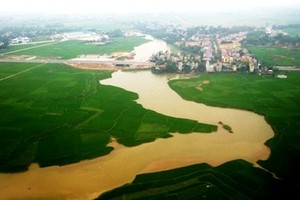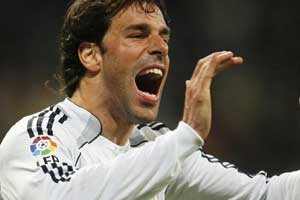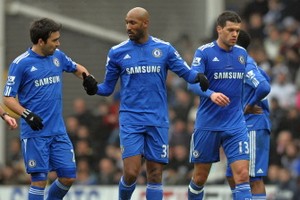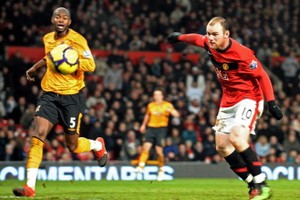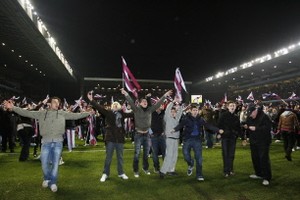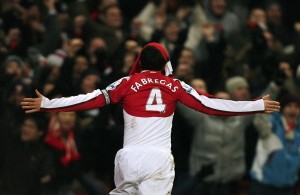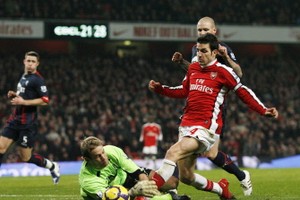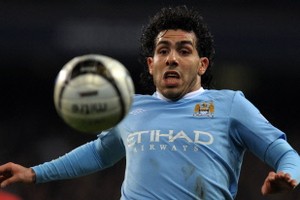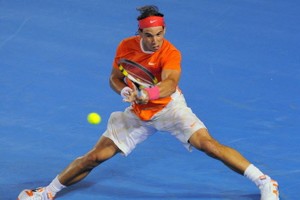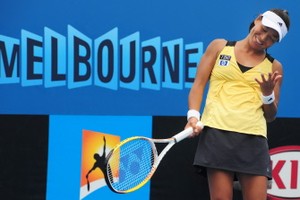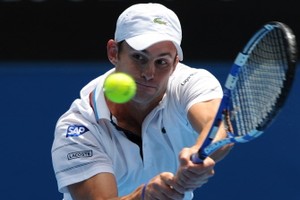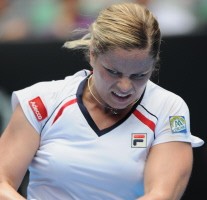LUANDA, Jan 9, 2010 (AFP) - Togo's football team would decide Saturday whether to pull out of the African Nations Cup after hooded gunmen ambushed their vehicle killing the driver and injuring nine, the squad's captain said.
African football officials were also due in Angola's restive Cabinda enclave to review security and probe the circumstances surrounding the deadly attack.
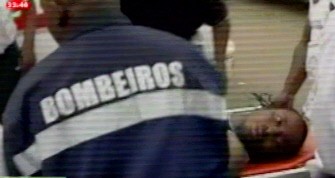
Players and others on board, fearing for their lives, cowered under seats for 20 minutes to escape the hail of bullets during Friday's assault. Squad member Thomas Dossevi said it was as if they had been "fired on like dogs."
Togo team captain and Manchester City striker Emmanuel Adebayor said he would convene a meeting for the squad would discuss whether to stay in the tournament.
"I think a lot of players want to leave," he told BBC Radio Five Live in Britain early Saturday.
"They have seen one of their team-mates have a bullet in his body, who is crying, who is losing consciousness and everything," said Adebayor, who was shown on Angolan television looking dazed and in tears shortly after the attack.
"If the security is not sure then we will be leaving tomorrow... I don't think they will be ready to give their life."
Two players were among the injured when gunmen fired at the team's vehicles, killing a driver, after they crossed into Angola's restive Cabinda province from Congo-Brazzaville on Friday.
Organisers, who have pledged that the tournament will go ahead, said a delegation would be in Cabinda on Saturday morning while Angola's Prime Minister Paulo Kassoma was set to meet the Confederation of African Football (CAF) president Issa Haytou.
The meeting would "take decisions to guarantee the smooth running of the competition," the body said Friday.
Dossevi -- one of the strongest in African football -- said the assailants "were hooded and armed to the teeth.
"We stayed under the seats for 20 minutes. It was horrible," he told AFP.
Two English Premiership players -- Adebayor and Aston Villa midfielder Moustapha Salifou -- emerged unharmed from the attack, their clubs said.
Angola's government denounced the attack by the separatist Front for the Liberation of the Enclave of Cabinda (FLEC), and in a statement vowed to "reinforce and strengthen all security mechanisms" for the games.
FLEC, embroiled in a decades-long separatist struggle, confirmed the one fatality and said: "This operation is only the start of a series of targeted actions that will continue in all the territory of Cabinda."
FLEC signed a peace deal with Angola's government in 2006, but has recently claimed a spate of attacks in the province, which is physically separated from the rest of the country by a strip of the Democratic Republic of Congo.
CAF spokesman Souleymane Habuba questioned why Togo had elected to travel by road.
"CAF's regulations are clear: teams are required to fly rather than travel by bus," he said.
He added: "Our great concern is for the players, but the championship goes ahead."
Togo, one of Africa's top sides and who appeared in the last World Cup in Germany, were scheduled to play Ghana on Monday in Cabinda.
In Togo's capital Lome news of the shooting shocked locals.
"I'm just all shook up. I can't understand what happened," said fan Armel Adjoun.
"In the normal order of things, Togo shouldn't play" the tournament, he added.
Despite long-running security concerns, oil-rich Cabinda is to host seven Nations Cup matches this month in Angola's biggest sporting event since the end of a 27-year civil war in 2002.
